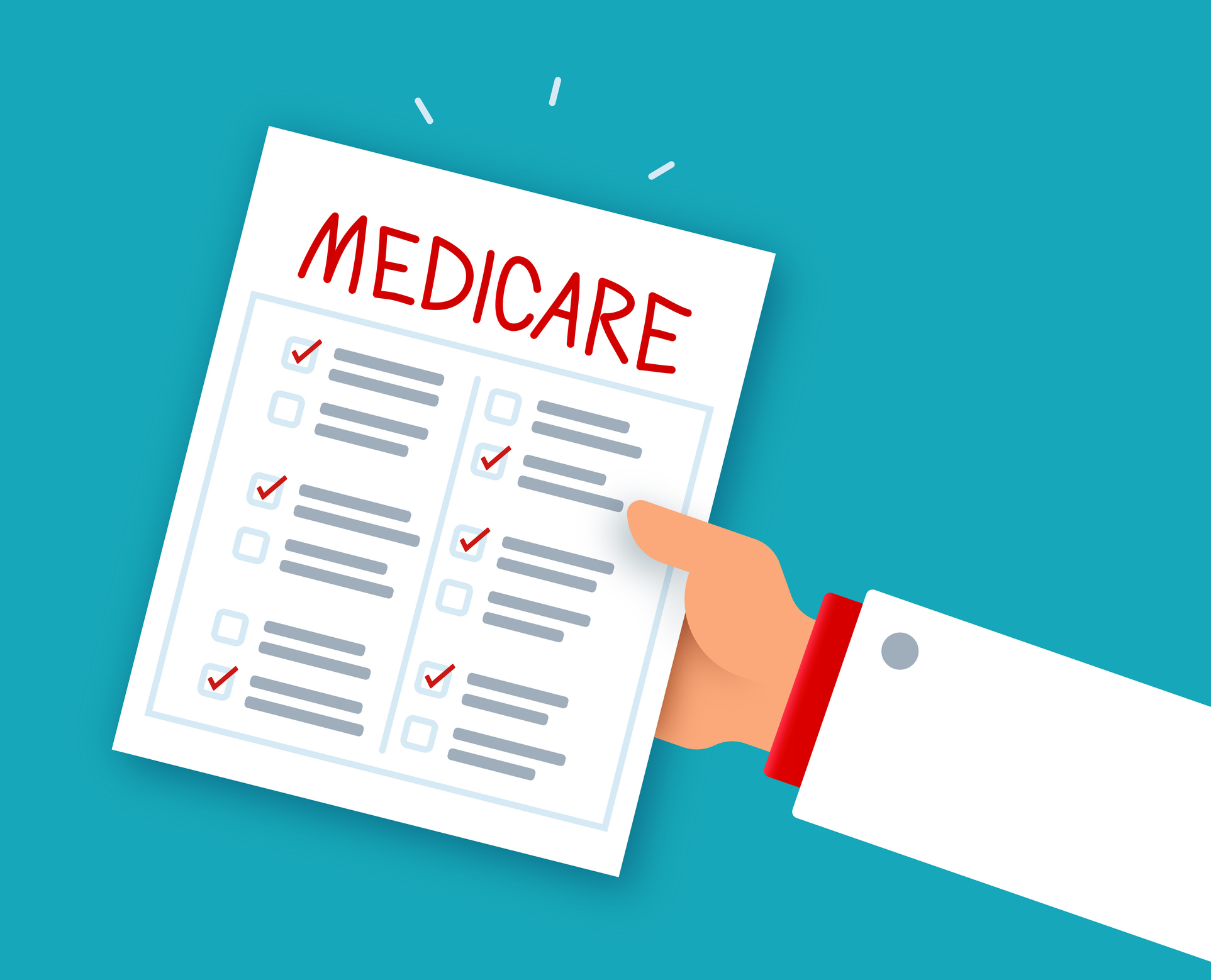Profit and prosper with the best of Kiplinger's advice on investing, taxes, retirement, personal finance and much more. Delivered daily. Enter your email in the box and click Sign Me Up.
You are now subscribed
Your newsletter sign-up was successful
Want to add more newsletters?

Delivered daily
Kiplinger Today
Profit and prosper with the best of Kiplinger's advice on investing, taxes, retirement, personal finance and much more delivered daily. Smart money moves start here.

Sent five days a week
Kiplinger A Step Ahead
Get practical help to make better financial decisions in your everyday life, from spending to savings on top deals.

Delivered daily
Kiplinger Closing Bell
Get today's biggest financial and investing headlines delivered to your inbox every day the U.S. stock market is open.

Sent twice a week
Kiplinger Adviser Intel
Financial pros across the country share best practices and fresh tactics to preserve and grow your wealth.

Delivered weekly
Kiplinger Tax Tips
Trim your federal and state tax bills with practical tax-planning and tax-cutting strategies.

Sent twice a week
Kiplinger Retirement Tips
Your twice-a-week guide to planning and enjoying a financially secure and richly rewarding retirement

Sent bimonthly.
Kiplinger Adviser Angle
Insights for advisers, wealth managers and other financial professionals.

Sent twice a week
Kiplinger Investing Weekly
Your twice-a-week roundup of promising stocks, funds, companies and industries you should consider, ones you should avoid, and why.

Sent weekly for six weeks
Kiplinger Invest for Retirement
Your step-by-step six-part series on how to invest for retirement, from devising a successful strategy to exactly which investments to choose.
The best time to check out a company's retirement plan is before you're hired; if you have more than one offer, the details of retirement-plan coverage could influence your decision. Even after you're hired, pay attention to the plan. The company will amend it as laws and regulations change, and your benefits will be affected.
You should be able to find most of the information you need in the plan's annual report and the summary plan description, both of which the company must provide to employees. Here are ten crucial questions to which you should get answers.
1. What kind of plan is it? Essentially, there are two types of employer-sponsored pension plans. Defined-contribution plans include 401(k) and 403(b) plans, deferred profit sharing, and stock-bonus programs. The company and usually you, too, contribute a specified amount each year to a fund that's invested in securities, mutual funds or some sort of insurance contract. When you retire, you get the money in your account as a lump sum, or the company uses it to purchase an annuity for you.
From just $107.88 $24.99 for Kiplinger Personal Finance
Become a smarter, better informed investor. Subscribe from just $107.88 $24.99, plus get up to 4 Special Issues

Sign up for Kiplinger’s Free Newsletters
Profit and prosper with the best of expert advice on investing, taxes, retirement, personal finance and more - straight to your e-mail.
Profit and prosper with the best of expert advice - straight to your e-mail.
With a defined-contribution plan, it's possible that the investments in the fund won't do well, reducing the amount available to you at retirement.
Defined-benefit plans use a mathematical formula to determine your pension, and it's up to the employer to contribute enough to the fund to provide the income prescribed by the formula when you retire. The benefit is usually tied to years of service and salary. In most defined-benefit plans, employees needn't make any contributions.
2. When do you become a member? Ordinarily, you can't join the plan until you've met certain age and service requirements. At a minimum, the law says you must become a member -- and begin vesting -- no later than age 21 with one year of employment.
3. How fast do you earn benefits? In a defined-contribution plan, your benefit is the amount that has accrued in your account based on the performance of the investments in your account.
For defined-benefit plans, your pension isn't a special sum set aside for you but a monthly income that will be paid years down the road. Some plans credit their members with a set percentage of income for each year of employment. Another common formula is based on a ratio of actual service to the maximum time you could spend in the plan. For example, say you join the plan at age 35 and could work another 30 years until reaching the plan's normal retirement age of 65. If you leave the company after 20 years, you will have participated for two-thirds of the potential accrual period and will be entitled to two-thirds of the estimated pension you would have qualified for at your full retirement age.
4. How fast will you be vested? You own any money you contributed to the plan. But you don't completely own the accrued benefit created by the employer's contributions until you're 100% vested, which is based on the number of years you have worked for that employer. The law now requires either full 100% vesting in three years or an additional 20% vesting each year under a graduated schedule that fully vests after six years of service.
5. What do you lose if you leave? Each plan lays down rules defining your pension status when you have a "break in service" -- from a layoff, say, or extended leave -- or if you fail to work a full year. A full year is 1,000 hours of service, and a break in service occurs if you work fewer than 500 hours in a year.
6. What will you get if you retire early? You will get a smaller monthly income than you would at the usual retirement age of 65, but how much smaller? A number of things will affect it. The accrual period will be shorter. Your final salary (on which benefits can be based) may be lower than if you worked another few years. And normally the pension is reduced by an actuarial formula that takes into account the likelihood that you will receive the pension for more years. The effect of these adjustments will vary with the provisions of the plan, but they can be substantial.
7. What if you work after age 65? Most plans have designed benefits for a so-called normal retirement age of 65. Your plan must recognize service after that age by including the additional years of service in the pension computation.
8. What will you get if you're disabled? Most companies have a long-term-disability program that pays a monthly income until you become eligible for retirement. An alternative is to put employees on a retirement pension if they become disabled after they work for the company a prescribed number of years.
9. What are the death benefits? When you retire from a company with a defined-benefit plan, you will probably be offered a choice of annuities that will pay an income or a lump sum to your spouse or other survivor after your death.
10. Do you have any inflation protection? Very few private pension plans adjust benefits after retirement to compensate for cost-of-living increases.
Next: 401(k) Plans
Profit and prosper with the best of Kiplinger's advice on investing, taxes, retirement, personal finance and much more. Delivered daily. Enter your email in the box and click Sign Me Up.
-
 Dow Adds 1,206 Points to Top 50,000: Stock Market Today
Dow Adds 1,206 Points to Top 50,000: Stock Market TodayThe S&P 500 and Nasdaq also had strong finishes to a volatile week, with beaten-down tech stocks outperforming.
-
 Ask the Tax Editor: Federal Income Tax Deductions
Ask the Tax Editor: Federal Income Tax DeductionsAsk the Editor In this week's Ask the Editor Q&A, Joy Taylor answers questions on federal income tax deductions
-
 States With No-Fault Car Insurance Laws (and How No-Fault Car Insurance Works)
States With No-Fault Car Insurance Laws (and How No-Fault Car Insurance Works)A breakdown of the confusing rules around no-fault car insurance in every state where it exists.
-
 What DOGE is Doing Now
What DOGE is Doing NowThe Kiplinger Letter As Musk's DOGE pursues its ambitious agenda, uncertainty and legal challenges are mounting — causing frustration for Trump.
-
 COVID Hospitalization Rates See an Uptick As Winter Looms — The Kiplinger Letter
COVID Hospitalization Rates See an Uptick As Winter Looms — The Kiplinger LetterThe Kiplinger Letter A new Omicron booster is available, but the elderly are still at risk and winter is right around the corner.
-
 Will Weight-Loss Drugs Spike Medicare Costs?: The Kiplinger Letter
Will Weight-Loss Drugs Spike Medicare Costs?: The Kiplinger LetterEconomic Forecasts Lawmakers are trying to get weight-loss drugs like Wegovy covered by Medicare. Long-term savings are possible, but it could cost the program $27 billion.
-
 Greenland, U.S. Plans to Boost Tourist Economy: Kiplinger Economic Forecasts
Greenland, U.S. Plans to Boost Tourist Economy: Kiplinger Economic ForecastsEconomic Forecasts A U.S. congressional effort could see some Canadian visitors get longer stays, meanwhile, Greenland bids to be the next vacation hotspot.
-
 Medicare Drug Price Negotiations Latest: Kiplinger Economic Forecasts
Medicare Drug Price Negotiations Latest: Kiplinger Economic ForecastsEconomic Forecasts Medicare drug price negotiations: Early signs have emerged of how these key talks will be handled.
-
 Forces That Affect Your Estate Plan
Forces That Affect Your Estate Planretirement From probate and ownership division to the taxing arm of Uncle Sam, here are four things that can influence what happens to your belongings.
-
 Make a Plan for Your Retirement Savings
Make a Plan for Your Retirement Savingsretirement The first step to effectively using your 401(k) is to assess your retirement needs.
-
 Tapping Your IRA in Retirement
Tapping Your IRA in Retirementretirement You can cash in your IRA all at once, but doing so could subject you to an enormous tax bill. You'll probably do better tax-wise by taking out as little as necessary each year.